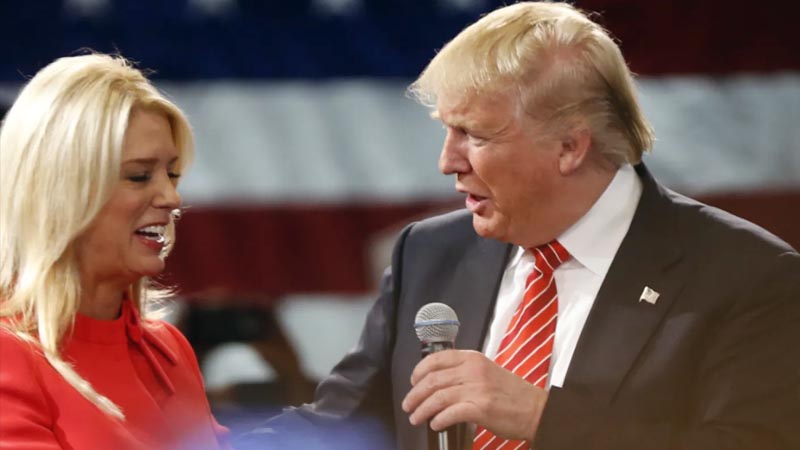Trump’s Tariff Plans Will “Bring About Economic Ruin,” Warns Carnegie Scholar

REUTERS/Marco Bello
Former President Donald Trump’s proposed tariff plans would inflict economic hardship on millions of Americans, warns Peter Harrell of the Carnegie Endowment for International Peace. Writing in The Atlanta Journal-Constitution, Harrell criticized Trump’s sweeping tariff proposals, which could cover all imported goods and potentially serve as a replacement for income tax revenue—a plan economists have widely condemned as disastrous.
Harrell acknowledged that tariffs can sometimes be effective tools, noting the Biden administration’s targeted tariffs on Chinese automobiles to address unfair trade practices. “But that is not what Trump is talking about,” Harrell explained. “Only 15% of all American imports come from China. The other 85% that Trump says he plans to tax comes from the rest of the world—including close American allies.”
Many of these goods, he noted, are essential imports, such as coffee, which is largely grown outside the United States. “Under Trump, the price of your morning cup will go up,” Harrell argued that imports are not the economic threat they are often made out to be. “Many medicines we rely on were invented in Europe,” he pointed out.
“Though European companies can make some of them here, the United States is going to have to keep importing others.” Trump’s proposed tariffs, which range from 10% to as high as 60%, would significantly raise prices on essentials like food and medicine, with economists estimating that these tariffs could cost American families between $2,600 and $4,000 per year.

Questions surrounding Trump’s understanding of tariffs have persisted since his presidency, as his past tariff policies often led to higher costs for American consumers and complicated trade relations with key allies. In contrast, Harrell praised Vice President Kamala Harris’s approach to strengthening U.S. manufacturing.
Harris proposes establishing tax credits to stimulate investment in critical U.S. industries, which, according to Harrell, would “build on policies that have attracted tens of billions of new manufacturing investment to Georgia over the past four years.” Harrell emphasized that Harris’s strategy aims to bring down costs for consumers while fostering a new generation of high-paying jobs across the nation.
By prioritizing incentives for domestic manufacturing, Harris’s plan, according to Harrell, would boost the U.S. economy without the harmful impact on consumer prices that Trump’s sweeping tariffs would bring.


